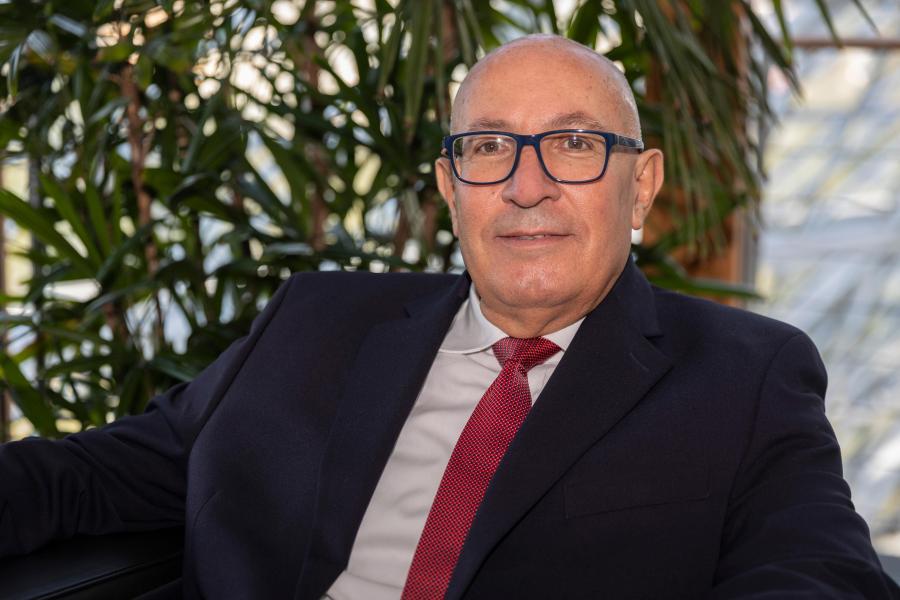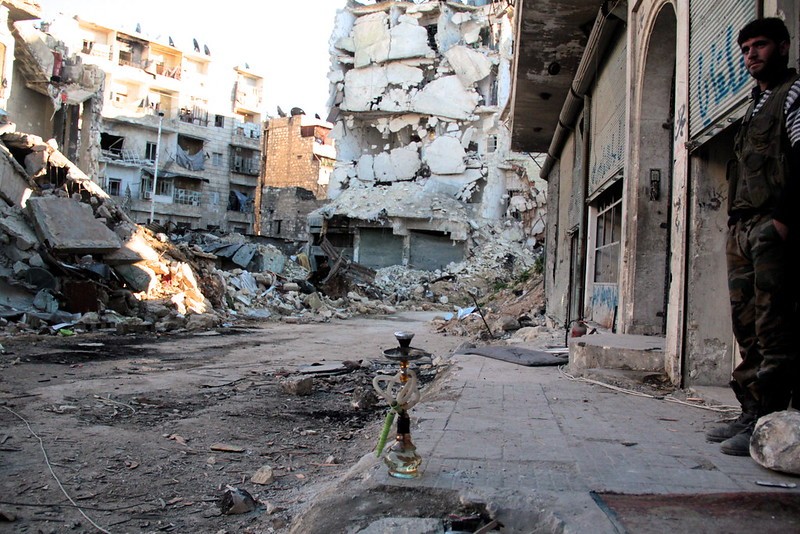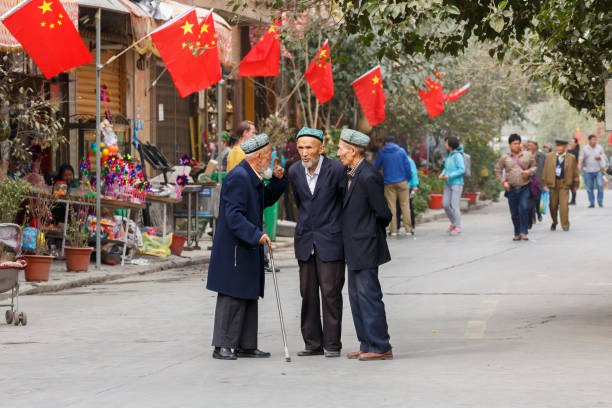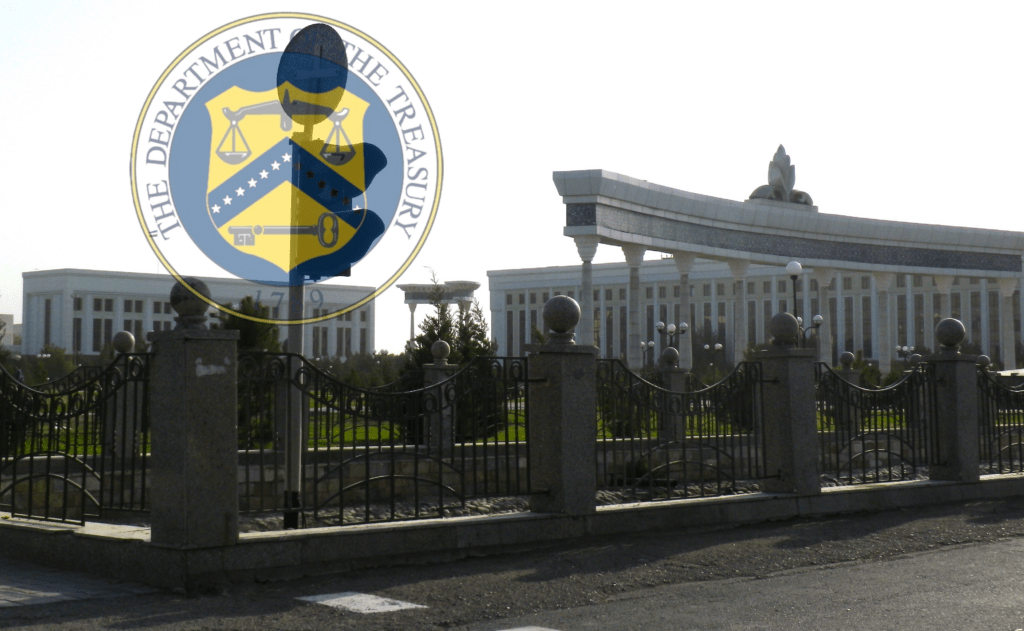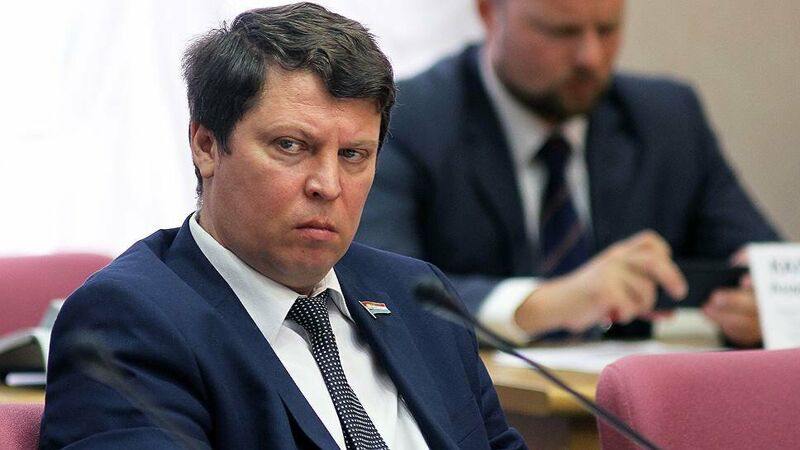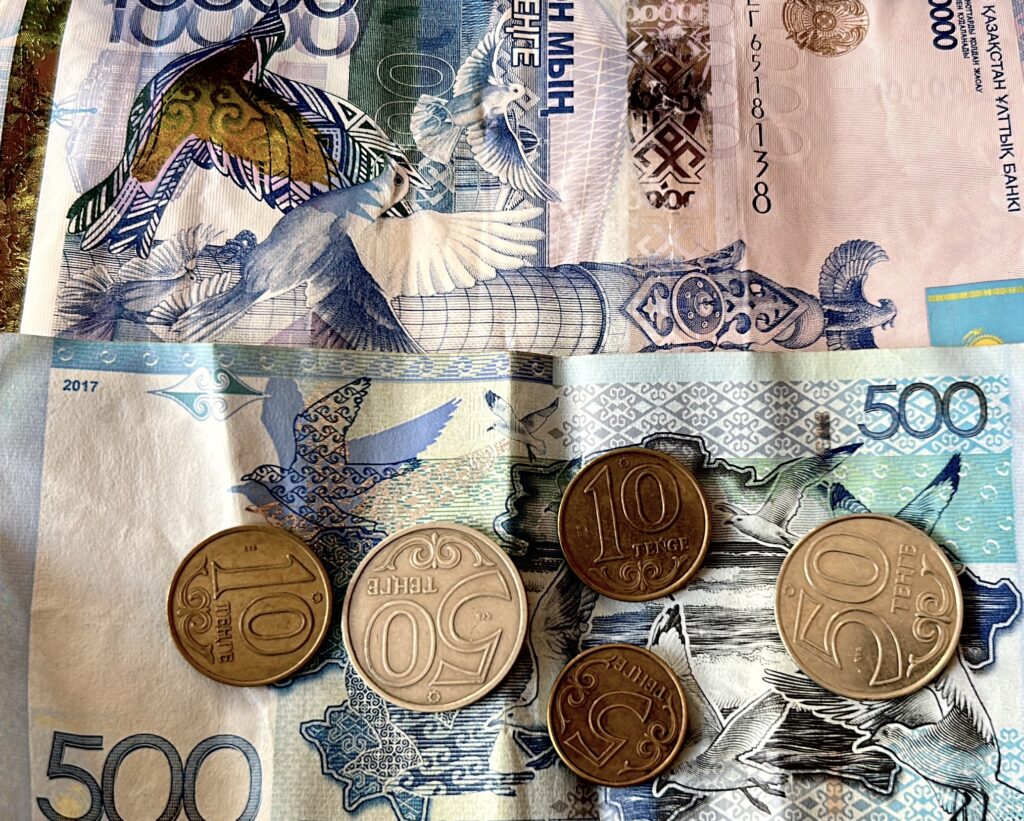Central Asia is rapidly developing its economy, with several international financial institutions successfully operating here. Among them is the European Investment Bank. Vice-President Kyriacos Kakouris spoke with The Times of Central Asia about its activity in Kyrgyzstan.
TCA: Could you briefly introduce the European Investment Bank (EIB) and its main objectives in Kyrgyzstan?
KK: The EIB is more than a bank, it is part of the EIB Group, one of the largest multilateral financial institutions in the world with a unique position allowing it to mobilize large-scale financing. The European Investment Bank, as the long-term financing institution of the European Union, is closely aligned with EU priorities, such as the EU-Central Asia strategy and the EU Global Gateway strategy, and is ready to play a more significant role in helping Kyrgyzstan respond more effectively to current and future challenges. The Bank has already been involved in economic development, transport, and climate action operations. We are interested in supporting the development of a competitive and environmentally friendly private sector that can incorporate modern and green technologies into various sectors.
TCA: What are the EIB’s priorities for supporting economic growth and sustainability in Kyrgyzstan?
KK: EIB Global launched its activity in Kyrgyzstan in 2014 and up to now, has signed three separate operations worth a total of €112 million. We have established a very positive relationship with the Embassy of Kyrgyzstan in Brussels, which is essential for our dialogue with the Kyrgyz authorities. All operations involve co-financing either with other international financial institutions like the World Bank and the European Bank for Reconstruction and Development (EBRD) or development institutions such as KfW.
So far, the Bank has approved lending operations for three projects on power transmission, water and waste management, and the agri-food sector, in line with the priorities defined in the EU-Central Asia and the EU Global Gateway strategies. The main aims of these projects are to protect the environment and take action against climate change.
We will soon sign a €9 million top-up for the completion of the Kyrgyz section of the high-voltage transmission line known as CASA-1000. This project is part of a larger regional electricity scheme called Central Asia – South Asia Electricity Transmission and Trade initiative, covering Kyrgyzstan, Tajikistan, and Pakistan. This project is essential for developing trade in sustainable renewable electricity between the countries, using energy generated from renewable hydropower sources in the region. This will alleviate power shortages and increase export revenue in Kyrgyzstan and Tajikistan.
TCA: How does the EIB’s role differ from that of other development banks or financial institutions?
KK: The EIB is the EU bank, and its shareholders are the 27 EU Member States. EIB Global is focused on EU policy priorities such as the EU strategy on Central Asia and the EU Global Gateway, supporting the green transition, boosting technological innovation, bolstering security and defense, and supporting regional cohesion and the development of social infrastructure. Our commitment to international development and capital market integration secures Europe’s strong global presence. Our projects boost growth, prosperity, and technological and social progress in individual EU Member States, across the EU as a whole, and around the world.
The EIB also has a strong team of experts who can provide advisory services and technical assistance to our clients to help them prepare and implement projects.
TCA: What criteria does the EIB use to select and evaluate projects for investment?
KK: Every project submitted for EIB Global financing is unique. However, in general, EIB Global supports projects that are in line with EU policies, economically viable, and environmentally and technically sound. The EIB directly finances projects that have a total cost of over €25 million, which are usually undertaken by big public and private companies. Smaller projects – usually implemented by small and medium-sized enterprises (SMEs) and mid-caps – are supported through our partner financial intermediaries.
TCA: Could you describe the sectors or industries the EIB is most focused on supporting and any that might be emerging in importance?
KK: The EIB supports projects that involve innovation, agriculture and water management, sustainable connectivity, and the transition towards a sustainable, climate-neutral growth model. With regard to sustainable connectivity, EIB Global is currently working on operations related to the Trans-Caspian corridor. These operations are closely aligned with the European Global Gateway strategy and add to the substantial support that EIB Global has already provided for the East-West corridor in the Southern Caucasus.
The Bank’s overall focus in Kyrgyzstan for the coming years is determined by the new EU priorities for the country and the Central Asia region. These priorities are to develop a green and climate-resilient economy, to continue the digital transformation and to make use of critical raw materials.
TCA: What role does the EIB play in fostering innovation and supporting technology startups in Kyrgyzstan?
KK: Innovation and, mainly, digitalization are core priorities for the EIB. We usually provide indirect support to smaller companies, including startups, using credit lines via financial institutions and by creating venture capital funds that are well-equipped to support higher-risk projects.
TCA: What areas or sectors does the EIB plan to prioritize for future investment to support Kyrgyzstan’s evolving economic landscape?
KK: EIB Global is working towards the long-term objective of making the Trans-Caspian Transport Corridors a multimodal, modern, competitive, sustainable, reliable, smart, and fast route linking Europe and Central Asia. Such investments are necessary to strengthen trade and competition and to diversify transport routes between Europe and Central Asia. Increased economic cooperation will be beneficial for prosperity and peace for people living in Kyrgyzstan and in Central Asia in general.
In this context, at the EU-Central Asia Investor Forum, which took place at the end of January 2024, EIB Global signed four memoranda of understanding for project co-financing with Kyrgyzstan, Kazakhstan, the Development Bank of Kazakhstan, and Uzbekistan amounting to €1.5 billion. It is expected that this will mobilize a total of €3 billion to support EU-Central Asia transport connectivity projects, a significant milestone in the context of the Global Gateway strategies.
We are also open to exploring new opportunities to support energy, water, and agriculture projects.
TCA: What advice would you give to entities looking to partner with or receive funding from the EIB?
KK: Given that every potential project is unique, the general advice I would give is to explore our objectives and the financial instruments that we provide and, if your project is in line with them, to get in contact with us. In principle, the EIB expects to receive a comprehensive feasibility study, a detailed description of the capital investment, and the prospective financing arrangements. The project promoter should provide sufficient information to allow the EIB to assess whether the project adheres to EIB lending objectives and has a well-developed business plan.
TCA: Where does the EIB see itself in the next decade, and how will it continue to align itself with Kyrgyz’s values and priorities?
KK: The EIB has been operating for over six decades. Within that time, it invested over a trillion euros in the benefit of people, economic development, and the climate to make our planet a better place.
We will continue to tackle global challenges in cooperation with our partners as multilateral action is required to provide effective support for development and growth outside Europe. Through our projects, we will work towards creating more jobs and opportunities and contribute to a cleaner planet and a better quality of life for the benefit of us all.
With these objectives in mind, we will operate via EIB Global, the EIB Group’s specialized arm for operations outside the European Union and a vital partner of the EU’s Global Gateway strategy. We aim to support at least €100 billion of investment by the end of 2027, around one-third of the overall target of the Global Gateway strategy. Within Team Europe, EIB Global fosters strong, committed partnerships alongside fellow development finance institutions and civil society. I believe that our collaboration with Kyrgyzstan and Central Asia will continue and that we will further enhance our cooperation in the years to come.
